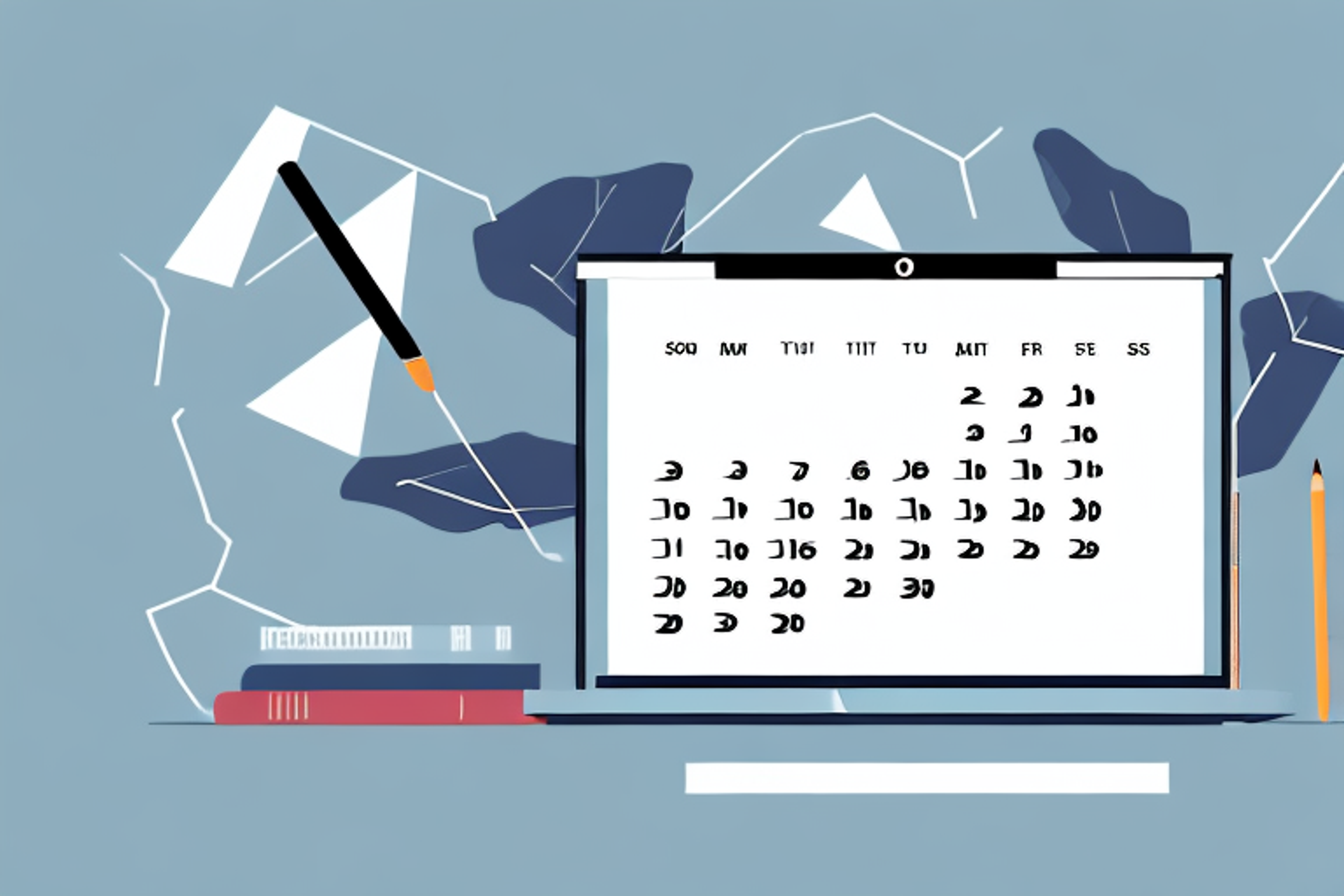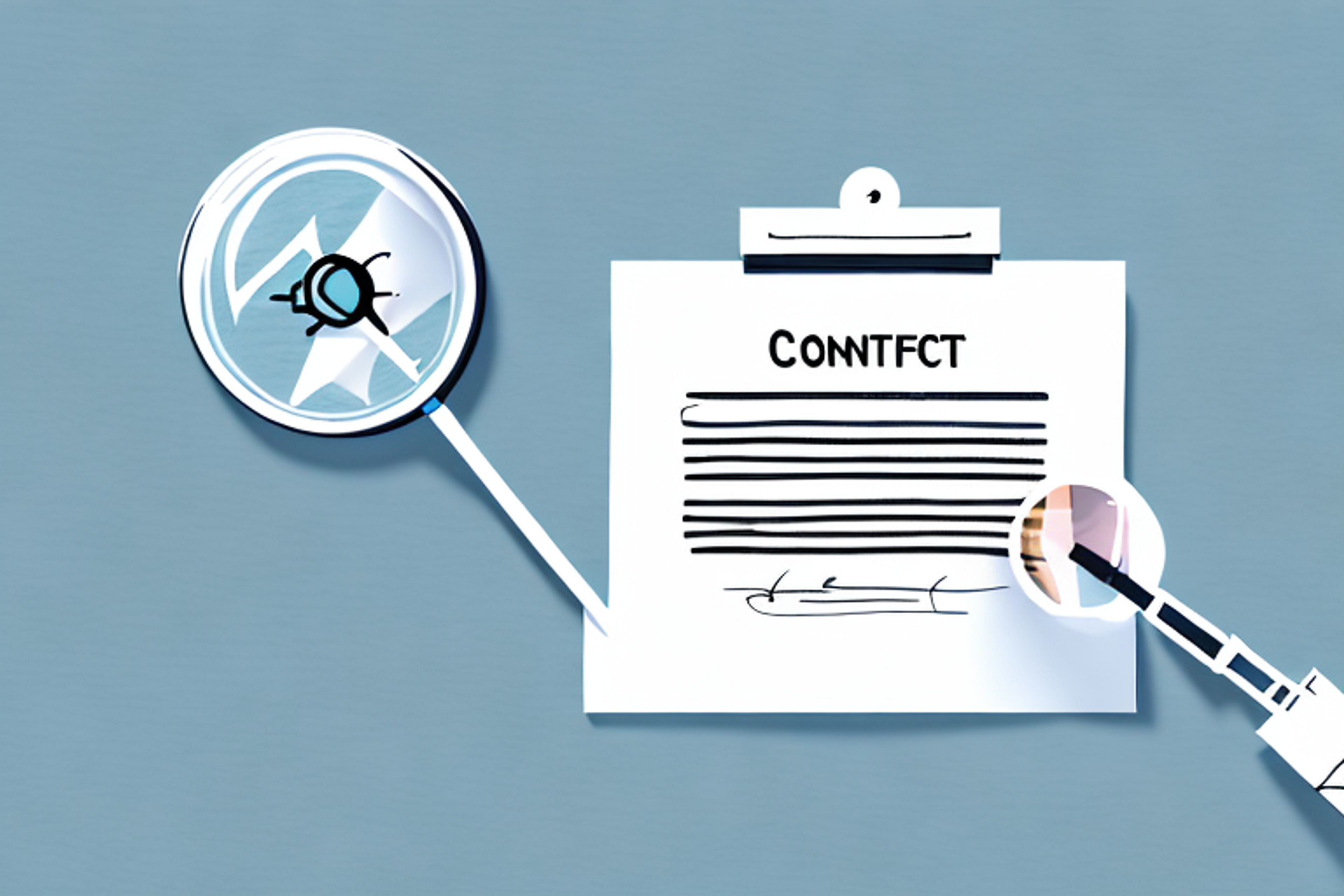
Table of Contents
Free Event

Featuring Jennifer P.
How to Bounce Back from a Low GMAT score
Starting Tuesday, April 29
4:00 PM UTC · 60 minutes

Featuring Jennifer P.
If you are looking to take the GMAT exam, it's vital to have a comprehensive study plan to ensure you are fully prepared for the test. This article will provide you with a one-year study plan that will help you ace the exam. In this article, you'll find information on setting clear goals, understanding the GMAT exam, creating a study schedule, choosing the right GMAT prep materials, building a strong foundation in math and verbal skills, practicing with official GMAT questions and practice tests, tracking your progress and making adjustments to your study plan, using effective strategies during the exam, maintaining motivation and focus throughout the year, incorporating breaks and relaxation into your study program, tips for balancing work, school, and GMAT preparation, avoiding common mistakes, overcoming test anxiety and nervousness, and how to ensure you are ready for test day.
Setting a Clear Goal
Before you begin your GMAT study journey, it's essential to set a clear goal. Identify your target score and the schools you wish to apply to. This will help you focus your study efforts and create a plan that's tailored to your specific needs.
Once you have set your goal, it's important to break it down into smaller, achievable milestones. This will help you track your progress and stay motivated throughout your study journey. For example, if your target score is 700, you can set a milestone of achieving a score of 650 in your practice tests within the first month of studying.
Another important aspect of setting a clear goal is to understand the format and structure of the GMAT exam. This will help you identify your strengths and weaknesses and create a study plan that focuses on improving your weaker areas. You can also use this knowledge to develop effective test-taking strategies that will help you maximize your score on exam day.
Understanding the GMAT Exam
The GMAT exam consists of four sections: Analytical Writing Assessment, Integrated Reasoning, Quantitative, and Verbal Reasoning. To succeed, you must have a good understanding of the test format, content, and question types. This will help you approach the test with confidence and a clear strategy.
The Analytical Writing Assessment section of the GMAT exam measures your ability to analyze an argument and communicate your ideas effectively in writing. This section requires you to write an essay in response to a prompt, and you will be evaluated on the quality of your analysis, organization, and language use.
The Integrated Reasoning section of the GMAT exam tests your ability to analyze and synthesize data from multiple sources, including graphs, tables, and text passages. This section requires you to answer 12 questions in 30 minutes, and you will be evaluated on your ability to interpret and evaluate information.
Creating a Study Schedule
With a clear goal and understanding of the GMAT exam, you can create a study schedule that works for you. Divide the year into monthly, weekly, and daily goals. Assign time for each section of the exam and prioritize areas where you need the most improvement.
It's important to also consider your personal schedule and commitments when creating your study schedule. Make sure to allocate time for work, family, and other responsibilities. It may be helpful to create a visual calendar or use a study app to keep track of your progress and stay on track. Remember to also take breaks and give yourself time to rest and recharge. By creating a well-rounded study schedule, you can increase your chances of success on the GMAT exam.
Choosing the Best GMAT Prep Materials
There are many GMAT prep materials available, so it's important to choose ones that suit your learning style. You can consider textbooks, online courses, GMAT practice tests, or hiring a tutor. Research and compare different materials before deciding on the best one for you.
Textbooks are a popular choice for GMAT prep materials. They offer a comprehensive overview of the exam and provide practice questions and strategies. However, some students may find textbooks to be too dry or difficult to engage with.
Online courses are another option for GMAT prep. They offer the convenience of studying from anywhere and often include interactive features such as video lectures and practice quizzes. However, online courses may not provide the same level of personalized attention as a tutor.
Building a Strong Foundation in Math and Verbal Skills
Math and verbal skills are crucial for success in the GMAT exam. It's crucial to brush up on fundamental topics, including algebra, geometry, number properties, grammar, and critical reasoning. You can either learn on your own or take help from a tutor.
Additionally, it's important to practice time management skills while taking practice tests. The GMAT exam is timed, and being able to efficiently answer questions within the allotted time is essential. It's also helpful to familiarize yourself with the format of the exam, including the types of questions and the order in which they are presented. By building a strong foundation in math and verbal skills, and practicing time management and exam format, you can increase your chances of success on the GMAT exam.
Practicing with Official GMAT Questions and Practice Tests
There are plenty of practice questions and tests available online, but it's crucial to practice with official GMAT materials. These materials are designed to mirror the actual test closely, and by practicing with them, you can get familiar with the format and difficulty level and take a look at the test day scenario.
Additionally, practicing with official GMAT materials can also help you identify your strengths and weaknesses. By reviewing your performance on these materials, you can determine which areas you need to focus on and improve upon before test day. This targeted practice can help you achieve a higher score and feel more confident going into the exam.
Tracking Your Progress and Making Adjustments to Your Study Plan
To track your progress, you can take practice tests every few months. Analyze your performance to see where you need to improve. Make adjustments to your study plan based on your performance. Remember, not every plan works for everyone, take necessary steps accordingly.
It is also important to set realistic goals for yourself and celebrate your achievements along the way. This will help you stay motivated and focused on your studies. Additionally, consider seeking support from a tutor or study group if you are struggling with certain topics. Don't be afraid to ask for help when you need it, as it can make a big difference in your overall success.
Using Effective Strategies during the Exam
During the exam, use effective strategies to manage time and handle different question types. These include pacing yourself, educated guessing, eliminating answer choices, and taking breaks at appropriate intervals.
It is also important to read the instructions carefully before beginning the exam. This will help you understand the format of the exam and the expectations of the examiner. Additionally, if you encounter a difficult question, it is best to move on to the next one and come back to it later. This will prevent you from getting stuck on one question and running out of time for the rest of the exam.
Maintaining Motivation and Staying Focused throughout the Year
Studying for the GMAT exam can be a long and arduous journey. To maintain motivation, set small milestones, reward yourself when you achieve them, and surround yourself with positive and supportive study partners. Staying focused is another key to which you can use various meditation and other focus techniques.
Incorporating Breaks and Relaxation into Your Study Plan
It's important to take breaks and relaxation periods into your study plan to keep your mind fresh and avoid burnout. Use breaks to exercise, meditate, or pursue hobbies or activities that you enjoy.
Tips for Balancing Work, School, and GMAT Preparation
GMAT preparation requires significant amounts of time and dedication. You can balance work, school, and GMAT preparation by creating a realistic plan. Communicate with your employer, professors, or family members to ensure you have enough time for GMAT preparation and don't neglect other important aspects of your life.
Common Mistakes to Avoid during Your GMAT Study Journey
Mistakes are an inevitable part of any journey, but some common mistakes arise and are avoidable during GMAT preparation. Avoid procrastination, neglecting weaknesses, missing important milestones, or disregarding official GMAT materials.
Overcoming Test Anxiety and Nervousness
It's common to experience test anxiety and nervousness during the GMAT exam. To overcome it, practice relaxation techniques, visualize success, and remember that it's normal to feel nervous, but it does not have to interfere with your performance on the test.
How to Ensure That You Are Ready for Test Day?
To ensure that you are prepared for test day, take a final practice test a week before the exam, review your performance, and make any last-minute adjustments to your plan. It's also essential to get a good night's sleep before the exam, arrive early, and bring the necessary materials.
Conclusion
In the end, preparing for the GMAT exam takes time, dedication, and effort. With a comprehensive one-year study plan that covers all aspects of exam preparation, you can maximize your chances of success. Remember, the key is to be disciplined, stay motivated, and adopt effective study strategies—good luck!











